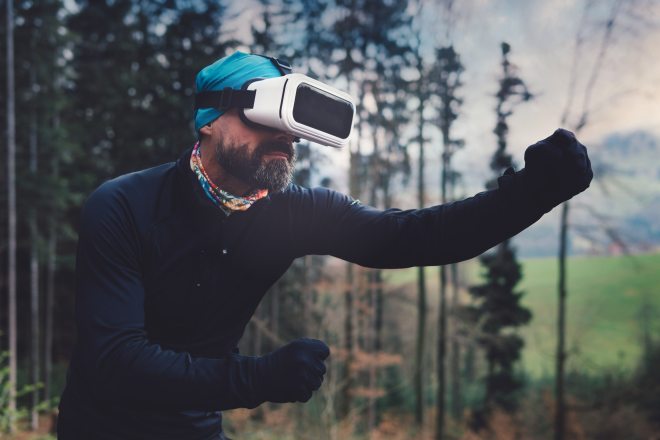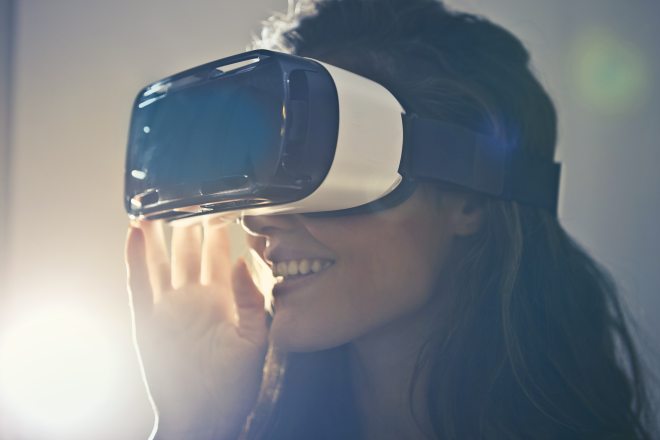Looking to learn some programming but intimidated by the task? There’s no reason to be. With much of the economy rapidly becoming centered around tech and powerful devices more affordable than ever, now has never been a better time to get into programming. Perhaps it’s to pursue a new career, to build a better game, or maybe just curiosity, whatever the reason, here are three easy to pick up programming languages that you can start learning today.

HTML. Although it may have been created way back in 1990, HTML is still one of the primary languages used to build web pages and web-based apps used across any browser. The basics of HTML are easy to learn, and a seemingly endless supply of tutorials can be found online.
Python. Consistency and simplicity are two of the key features programmers have come to expect from and love about Python, making it an excellent language for new coders. Considered by many to be one of the most approachable languages, its ease of use makes for a great starting point.

Javascript. An open source code that uses a combination of C, C++, and Java functions, Javascript allows coders to be creative and use the language that works best for them. There may be some basics to learn before approaching Javascript, but it’s nonetheless an excellent choice for beginners.
Looking to explore the world of tech? Visit our online library at www.joygeeks.com for a wide variety of ebooks, audiobooks, music, and more, accessible anytime from your favorite devices.



